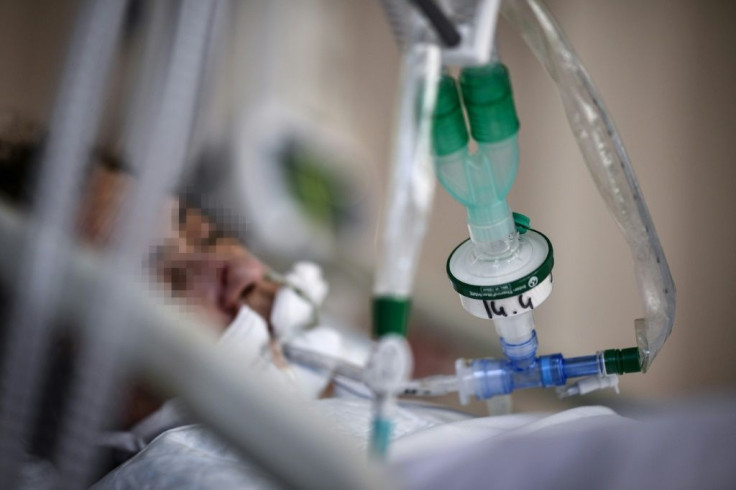Herd Immunity A Fleeting Goal As Experts Push For COVID Control
The COVID-19 vaccine is now available to every adult in the U.S., but experts say the long-coveted goal of herd immunity isn’t realistic. Facing pressure from impatient lawmakers, Dr. Anthony Fauci, the nation's top infectious disease expert, said that the country should focus on vaccinating as many people as possible rather than chase a return to pre-pandemic normalcy.
There are two main obstacles to achieving herd immunity. The first is technical: The COVID-19 vaccine isn’t designed to last a lifetime, making eradication or near-total suppression of the disease much more difficult than, say, measles.
The second problem is social. Large swathes of the population say they don’t plan on getting vaccinated with Republican refusal rates reaching 45% in a recent Quinnipiac University poll.
The estimated vaccination rate needed to achieve herd immunity ranges from upwards of 85% for normal COVID-19 to 90% for highly infectious variants. Some areas are unlikely to get even close to that, giving COVID-19 a valuable population to preserve itself in the face of widespread vaccination.
“There are going to be places, rural Idaho, for example, where you have very independent-thinking people where there may be continuing spread because you only get up to 25% of people vaccinated,” Dr. William Schaffner, a professor at the Vanderbilt University School of Medicine, told USA Today. "I'm really concerned this virus is going to continue to smolder in rural areas."
Others, like Ajay Sethi, a professor of population health studies at the University of Wisconsin-Madison, are hopeful the issue can be depoliticized.
"I try to be an optimist," he said. "I don’t want to write off rural areas saying they’re forever going to be the communities refusing vaccination. Over time, that will change."

In the meantime, public health officials are trying to temper the expectations of GOP lawmakers who want to know when they can put the pandemic behind them. Herd immunity was the subject of a testy exchange between Fauci and Rep. Jim Jordan, R-Ohio, at a House subcommittee hearing earlier this month.
“Where does it end?" Jordan asked. "When it comes down, what number do we get our liberties back?”
"You're making this a personal thing...that is exactly what you're doing."
— ABC News (@ABC) April 15, 2021
Dr. Fauci fires back at Rep. Jim Jordan in heated exchange before Coronavirus Select Subcommittee: "We're not talking about liberties—we're talking about a pandemic that has killed 560,000 Americans." pic.twitter.com/UYXaj03mx4
Public health officials are struggling to shift the message away from herd immunity.
“It's theoretically possible but we as a society have rejected that," Dr. Gregory Poland, director of the Mayo Clinic's Vaccine Research Group, told USA Today. “There is no eradication at this point, it’s off the table. The only thing we can talk about is control.”
As of Monday, the Centers for Disease Control and Prevention reported over 85 million Americans have been fully vaccinated against COVID-19, making up 25.7% of the population.
© Copyright IBTimes 2025. All rights reserved.





















